This week I went along to the half way point in the rehearsals for the BUDI orchestra and as promised from my first post about this work here is a link to short video clip
(this was rather difficult as I managed to record my clips upside down on my iphone (how is that possible??), as well as create huge file sizes from 30 second clips, but thanks to David Stone in M&C we now have something postable that hopefully gives a bit of a flavour of the sessions- despite my very amateur recording skills! but do come to their performance on 14 June at the Winton Life Centre as part of the BU FOL!)
My observations of the process this time centre around three things – first, the strong sense of a social group that has been created/formed by all involved, from the friendly welcomes, the catch ups over coffee and the general encouragement the group offered each other during the session. Second, I was also pleasantly surprised that carers sought me out to thank us for putting this group together and to share the positive impact they had observed themselves during the sessions on their relatives with dementia, but also how friends and family at home had also remarked on a positive visible difference in their relatives. 5 sessions and observed differences – is this the power of music? I was also struck by the questions asked of me about ‘would the group continue’ and as with any short ‘intervention’ type study feel the weight of not being able to promise to deliver again on something that is being hugely enjoyed by participants (and which we all hope will evaluate positively in a research sense – but only time will tell…). I guess this lack of being able to promise to continue with a service is kind of like service providers with limited budgets and short term initiatives… Hopefully we will secure funding to enable this work to continue, as even the community musician from the BSO with huge experience of outreach work feels this is a ‘very special’ project with amazing and fast results that everyone involved is observing. From week 1 where participants were nervous about trying out the instruments to now being very comfortable with playing around with (lots of experimentation in terms of how to hold a violin in a comfy position) and actually playing the notes. I was also struck by carers telling me of their attempts to ‘practice’ at home – downloading or recording the pieces they have been introduced to during the sessions and singing, humming and dancing along at home – as unfortunately the violins cannot go home with the participants – and how enjoyable they are finding the sessions beyond coming along to the rehearsals themselves. My final observation is also the growth in confidence of the musicians, our students as well as those with dementia and their carers in how they relate to one another, how they try out new pieces and are no longer as hesitant to experiment as they were in the first session. The combination of body percussion, instrument playing and singing that the musicians have created by paying close attention to how everyone responds has led to a session format that is uplifting, fun, creative while also creating intense concentration amongst all participants as they learn and work together. I wish I could find time in my diary to attend all the sessions as they leave me feeling upbeat and positive; something that was clearly evident not only from what I observed but from what I was told by everyone in the session yesterday.
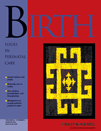
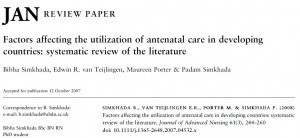
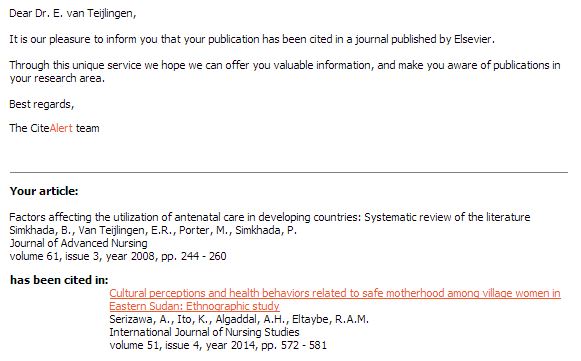





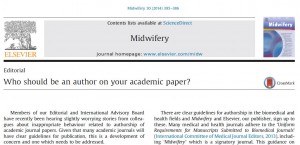


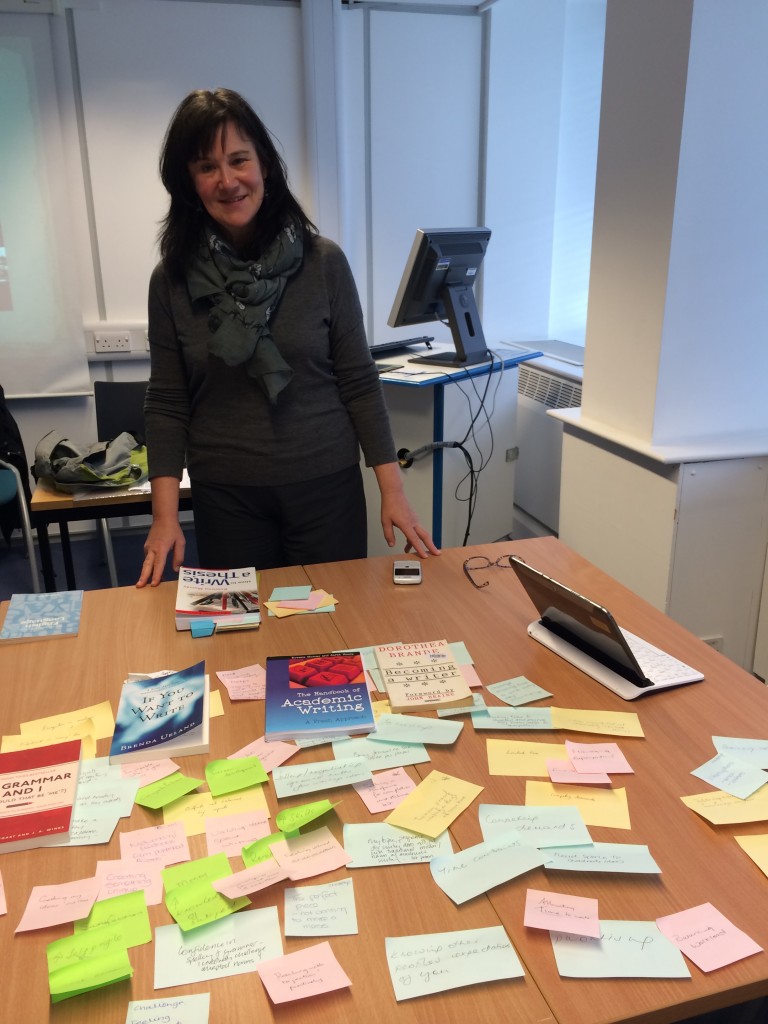











 Upcoming opportunities for PGRs – collaborate externally
Upcoming opportunities for PGRs – collaborate externally BU involved in new MRF dissemination grant
BU involved in new MRF dissemination grant New COVID-19 publication
New COVID-19 publication MSCA Postdoctoral Fellowships 2024
MSCA Postdoctoral Fellowships 2024 Horizon Europe News – December 2023
Horizon Europe News – December 2023